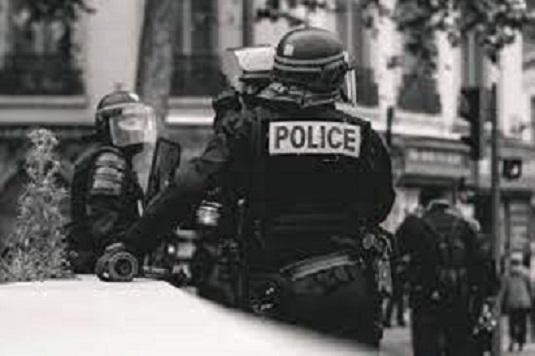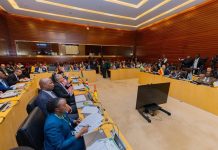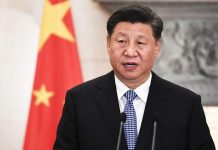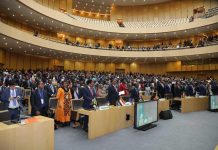Africa-Press – Mauritius. As laypersons, not necessarily familiar with the niceties of the laws protecting our essential civic and democratic rights, we can nonetheless feel the troubled times the country is going through with the disturbing turn that the ongoing conflict opposing the Police and the Office of the Director of Public Prosecutions has taken this week.
In his first public stand, through a press release issued on 28 February 2023 concerning the decision taken by the Director of Public Prosecutions (DPP) not to challenge the Moka District Court senior magistrate ruling to grant bail to Bruneau Laurette, accused of illicit drug possession, the Commissioner of Police (CP) made known his objection.
He has again, through his representative in court, taken issue last Monday, with the DPP’s stand not to object to the bail application of lawyer Akil Bissessur following his latest arrest by the Police Headquarters Special Striking Team (SST) for what has become popularly known as “drug posting”.
We took the view when the first Police vs ODPP confrontation became public out that this was a first in the annals when a holder of a constitutional post came out publicly against the decision of another constitutional head, putting in doubt his legal judgement, whereas the obvious and reasonable alternative available to his office would have been a timely challenge of the magistrate’s decision in the Supreme Court on his own steam.
This time round, the Police is appealing to the Supreme Court to have the bail order of the Magistrate of the Mahebourg District Court for lawyer Akil Bissessur and his close ones reversed. That’s the reasonable thing to do in the present disturbing circumstances.
In this week’s interview to this paper, constitutional lawyer Milan Meetarbhan refers to the powers of the DPP as enshrined in our Constitution to take over and continue any criminal proceedings that may have been instituted by any other person or authority and to discontinue at any stage before judgment is delivered any such criminal proceedings instituted or undertaken by himself or any other person or authority.
These powers are vested in the DPP to the exclusion of any other person or authority. M. Meetarbhan asks: ‘The question that may arise is whether the rule also applies to bail and other applications made prior to a formal charge being lodged.
In other words when does the DPP’s control start?’ The guidance of the Supreme Court in response to the appeal of the Commissioner of Police will hopefully resolve the current imbroglio by delineating clearly the jurisdictions of these two important organs of State.
For More News And Analysis About Mauritius Follow Africa-Press







